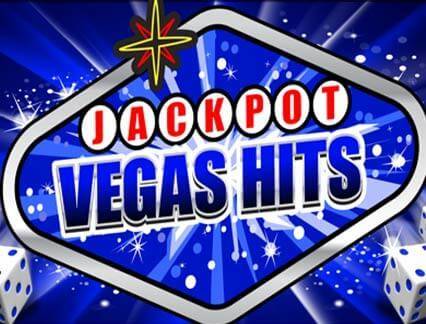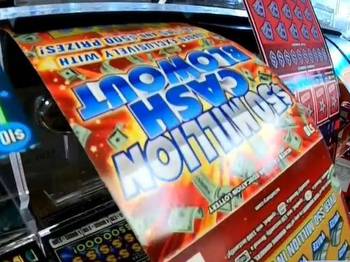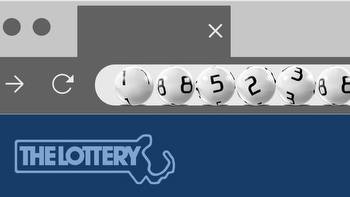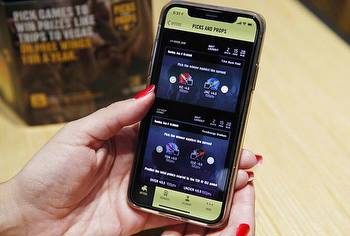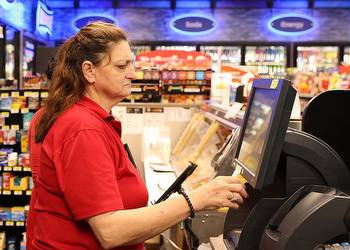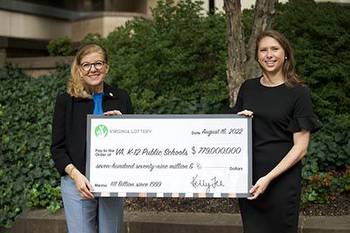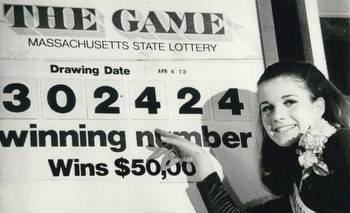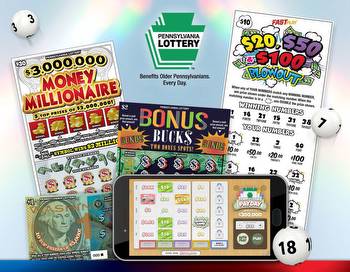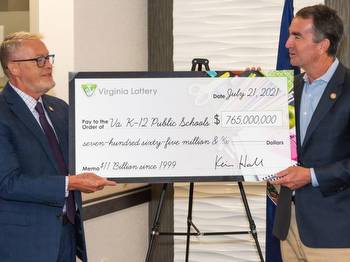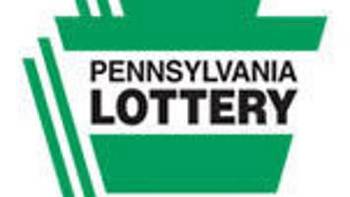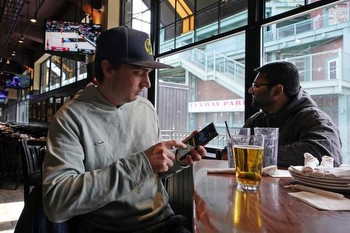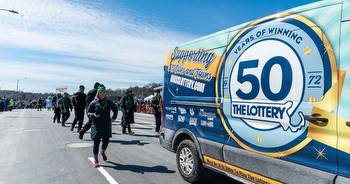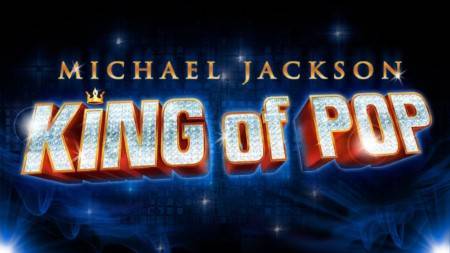Lottery officials activated by sales stumble
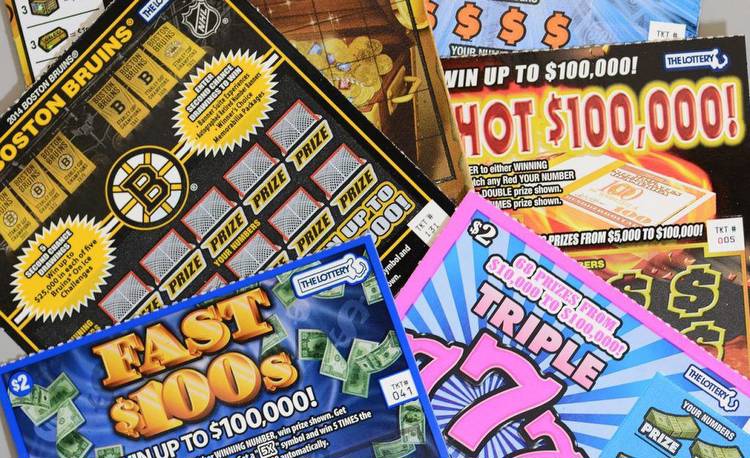
As economic uncertainty and an expanding menu of gambling options send lottery sales into a slide in Massachusetts and across the country, officials here are thinking about making changes to “adjust to the current market structure” and will dive deeper into the trends they are worried about next month, the head of the Mass. Lottery said Tuesday.
Lottery sales in August were down $35.9 million or 6.4% compared to August 2021, Interim Executive Director Mark William Bracken told the Lottery Commission, and every product except one (Megabucks Doubler, which had a historically high jackpot) was in the red for the month. Through two months of fiscal 2023, Lottery sales, which have surged higher in recent years, are down $20.3 million or 1.8%.
“It is concerning that our sales are decreasing, especially given the type and quality of products we’re putting out in the market. But I will say that this is a trend that the entire country is seeing with the lottery,” Bracken said. “I think everyone is aware of what’s going on in the world financially with inflation and stuff, and so we’re going to be looking at some ways to see if we can make some changes to adjust to the current market structure.”
Bracken specifically mentioned that the Lottery is running focus groups around changes to the in-state draw games, which he said have not changed in decades, the possibility of adding new monitor games, and launching a “wheel of luck” in January. He said the Lottery’s meeting in October, which will come after a full quarter of fiscal 2023 is complete, will feature a more in-depth “look at where inside each product line, especially the instant tickets, our sales are decreasing.”
The Lottery’s “concerning” financial results come at a time when Massachusetts is preparing to further expand commercial gambling with sports betting and Lottery leaders are already starting to sense a softening of two major product categories as the new fiscal year gets underway.
Three years ago, Goldberg declared that “if sports betting is available online, the Lottery must be available online also.” But while sports betting legislation got to the governor’s desk before formal sessions ended Aug. 1, Goldberg’s long-requested authorization for the Lottery to sell some of its products online remains on ice as House and Senate Democrats remain paralyzed over how or whether to move forward with their long-stalled economic development bill.
“There are a couple options here: that we had a great 50-year run and that this is all the expectations that there are on the part of those who make these decisions, or we can continue to have … an operation whose mission is getting resources back to all the local communities,” Goldberg said Tuesday. “And that decision lies with the Legislature and leadership.”
She also asked Bracken, who recently attended a meeting of lottery directors from around the country, whether the national dip in lottery sales is affecting those with online sales and those without online sales equally. He said states with ilottery products are generally seeing either flat sales or growth.
“Every state that has ilottery, their retail and traditional lottery product is performing better than the state’s retail and traditional lottery products that do not have ilottery. So even in this climate, states that have ilottery, their retail sales are doing better — their retail sales are still down, but they’re down at a less percent — than states that do not have ilottery,” Bracken said.
Hoping to avoid a major decline in Lottery profits and an important source of local aid money, Goldberg went to the Gaming Commission earlier this month to ask that they require sports betting applicants, prior to receiving a license, to present “a plan that can mitigate impacts on the Lottery” and that licensees partner with the Lottery on in-person and online cross-promotion efforts, similar to what is required of casinos and the state’s slots parlor.
“Lawmakers project that sports wagering will generate $60 million in state revenue annually. Only $16.5 million, which is 27.5%, will be earmarked for unrestricted local aid. By contrast, the Lottery produced approximately $1.1 billion this past year for our cities and towns,” Goldberg told the Gaming Commission earlier this month. “Simply put, the Lottery plays a very vital role in generating unrestricted local aid for our communities and it is imperative that we work to ensure it continues to do so.”
Goldberg and the Lottery have been keeping an eye for the last few months on shifts in sales patterns that affect the agency’s most significant product lines and she told gaming regulators that she’s concerned it could lead to a slide in Lottery profits.
“We already are facing mounting headwinds. In fact, we’re actively monitoring a concerning trend — sales of the Lottery’s top two product categories, scratch tickets and Keno, which together make up nearly 88% of all Lottery sales, were down 6 and 5% respectively last month,” the treasurer told the Gaming Commission. She added, “Combined with new entertainment options soon to be available to consumers who have increasingly limited resources, I’m concerned that this trend will negatively impact the Lottery’s ability to deliver the levels of unrestricted local aid that it has grown to do so.”
The Lottery also reported Monday that, after further review, it actually produced $3 million more in profit for fiscal 2022, and therefore local aid revenue, than it announced two months ago.
The fiscal year that ended June 30 yielded a net profit of $1,105,437,864, pending the sign-off of auditors at KPMG — slightly higher than the estimate of $1.102 billion that the Lottery released in July, Bracken said. Even with the upgrade, the last budget year still ranks second in terms of Lottery annual profit behind the $1.112 billion profit turned in fiscal 2021. Fiscal 2022 revenues ended the year at a record high of $5.863 billion.







